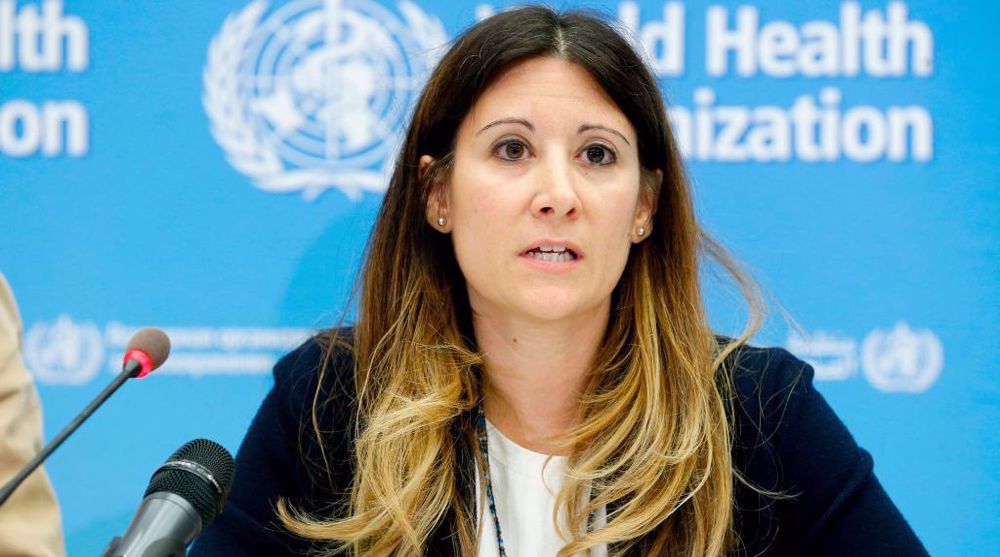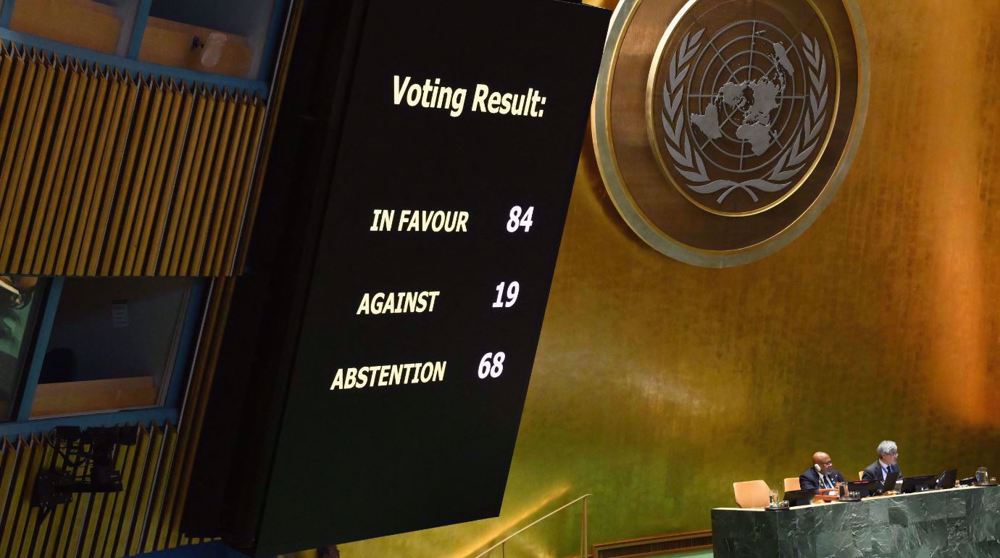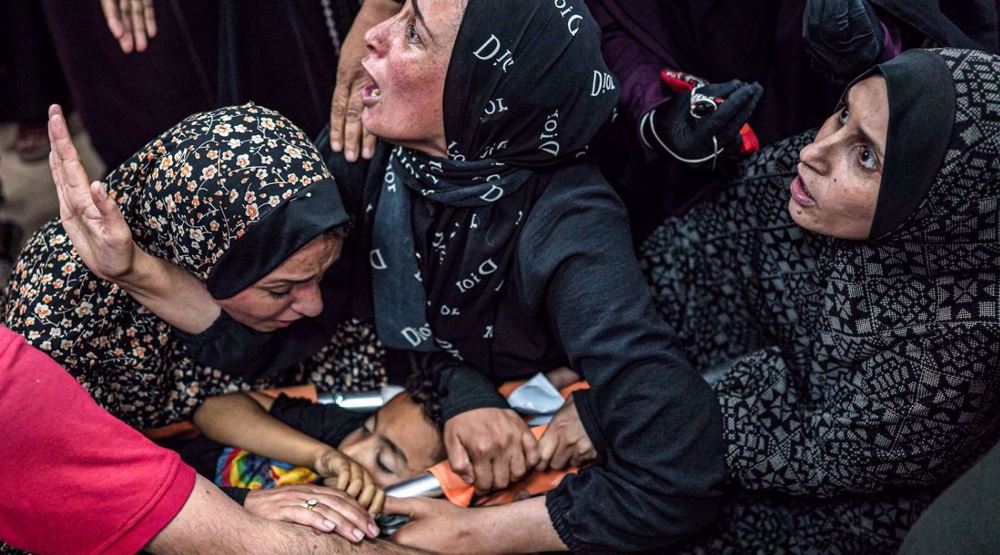Origins of COVID-19 may remain mystery forever: WHO
The World Health Organization (WHO) says the international community may never find “patient zero” in its search for the origins of the new coronavirus, which was first reported in China and has now infected over 93 million people across the globe.
The organization’s technical lead on the disease, Maria Van Kerkhove, said on Friday that the world needs “to be very careful about the use of the phrase ‘patient zero’ which many people indicate as the first initial case.”
“We may never find who the patient zero was,” Van Kerkhove said, warning to be “careful” about attributing the start of the pandemic.
The virus was first reported in the Chinese city of Wuhan in December 2019, and quickly emerged in different parts of the world.
The United States later alleged that the virus was originated in a lab in Wuhan.
China, which denied the allegations, managed to effectively control the spread of the deadly disease, with a total number of 97,616 cases of the infection and 4,796 coronavirus related deaths across the mainland.
Although the US had officially confirmed the first case of COVID-19 on January 19 — a man who had recently returned from China — a report said later that the coronavirus infected people in the country weeks before it was officially identified in China.
The US Centers for Disease Control and Prevention (CDC) found that the virus was present in the US about a month earlier than public health authorities found the first case of COVID-19.
Ever since, the US has had reported 23,533,263 cases of COVID-19 and 392,182 related deaths, according to Johns Hopkins University data.
The CDC warned Friday that new, more contagious variants of the coronavirus will likely accelerate the spread of the virus across the nation.
A new variant first identified in Britain, known as B.1.1.7, is being found in the US and across the world.
The head of the WHO Emergency Committee, Professor Didier Houssin, also warned that the new COVID-19 variants particularly “require a strong and quick effort in research, collaboration between the research teams and sharing of information."
“We are in a race between the virus that is going to continue to mutate in order to spread more easily and the humanity that has to try and stop its spreading,” said the professor.
As efforts to vaccinate people are underway across the world, the WHO hopes the vaccinations would contribute to curbing the spread of the disease.
Houssin, however, said that the target set by the UN for 2021 envisions vaccination of just around 20 percent of the global population, including in low-income countries.
WHO Secretary General Tedros Adhanom Ghebreyesus also said that the reason why the virus is still wreaking havoc around the world is the failure to break the chain of transmission “at a community level or within households.”
The coronavirus pandemic has so far claimed the lives of nearly 2,011,700 people and infected well over 93,972,000 across the world, the university data shows.
Official: Israeli forces destroyed 50,000 housing units in northern Gaza
VIDEO | Imam Khomeini’s legacy
VIDEO | Iran's open letter to US university students
VIDEO | Rafah tent massacre
VIDEO | US's broken Gaza pier
VIDEO | President Raeisi's legacy
Maldives to ban Israelis over genocide of Palestinians in Gaza
VIDEO | Press TV's news headlines












 This makes it easy to access the Press TV website
This makes it easy to access the Press TV website